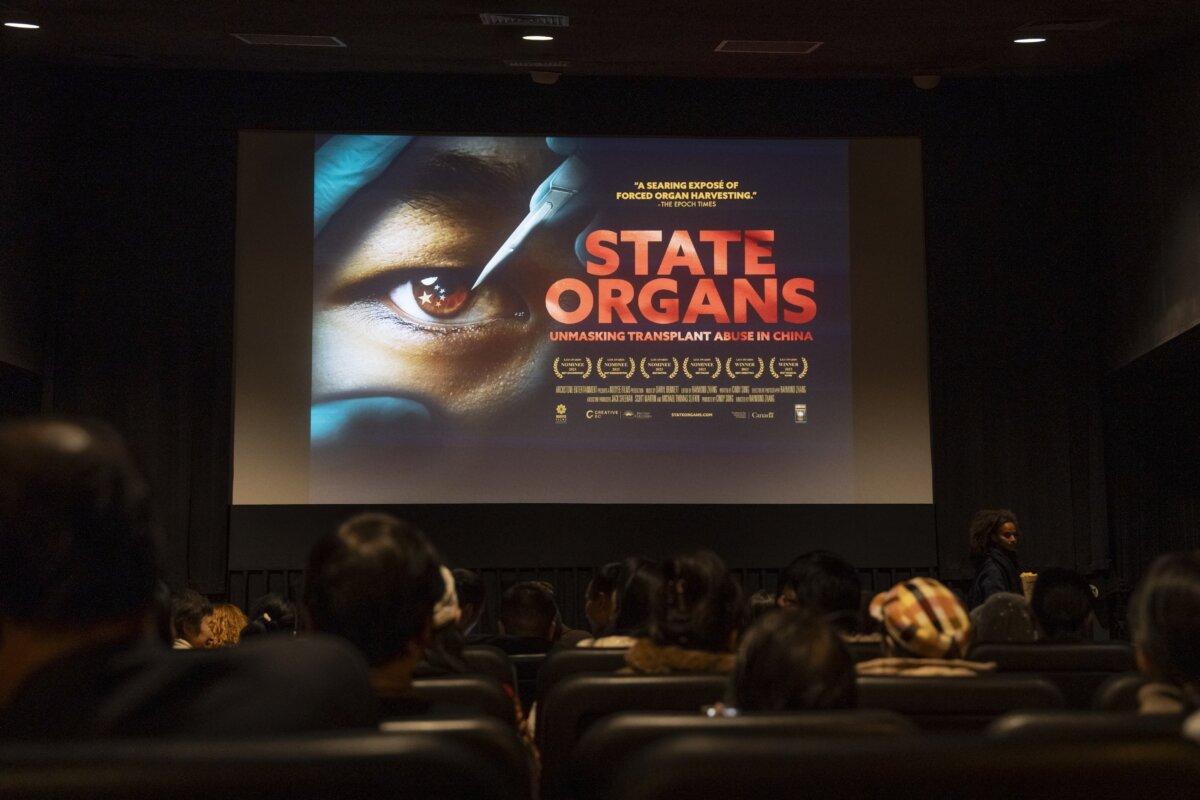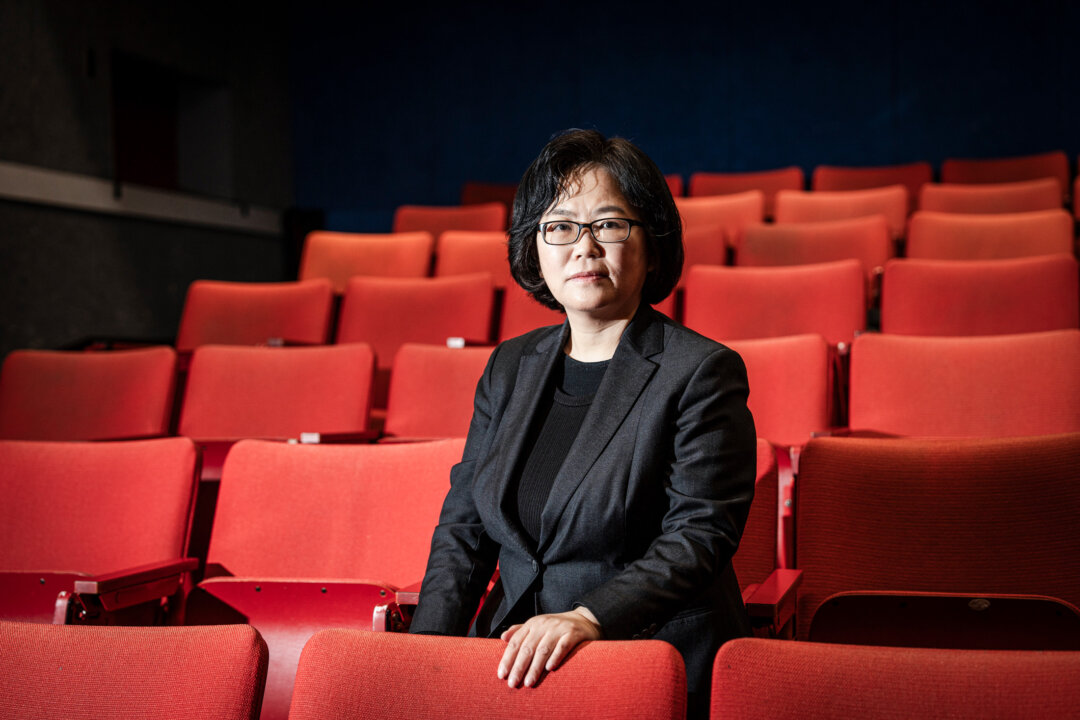The creators of a documentary that focuses on state-perpetuated forced organ harvesting in China hope to bring the issue wider attention.
The creators of a documentary highlighting the forced organ harvesting perpetrated by the Chinese communist regime are hoping for a bigger platform: the Oscars.
“State Organs,” which tracks the journey of two families searching for their missing loved ones in China, is currently one of about 170 contenders for the 2025 Academy Award for Best Documentary Feature Film. It’s also a candidate for Best Original Score.
“Truth is power,” producer Cindy Song told The Epoch Times. She said that even though the Chinese Communist Party has sought to use state power to cover up its ongoing abuses, the film gives people a chance to learn about what is happening.
Forced organ harvesting, the act of taking unconsenting individuals’ organs for sale, happens in China on a significant scale, targeting prisoners of conscience such as detained practitioners of Falun Gong.
The spiritual discipline, also known as Falun Dafa, consists of meditative exercises and teachings based on the principles of truthfulness, compassion, and tolerance. Its practitioners have faced severe persecution by the Chinese regime since 1999. Estimates place the number of people practicing Falun Gong in China between 70 million and 100 million today.
“In terms of the brutality and the scale, this issue is beyond comprehension,” she said. “The world needs to know about it.”
The Canadian film won Best Direction and Best Musical Score in the feature-length documentary category at the 2023 Leo Awards, an Award of Excellence at the 2024 Accolade Global Film Competition, Best Documentary Feature at the 2024 Art Film Spirit Awards, and Best Human Rights Documentary at the 2024 Manhattan Film Festival.
In recent weeks, the documentary has screened in Taiwan, New York City, San Francisco, and Japan, to positive audience reviews. But as the film appeared in theaters, it also drew the attention of Chinese operatives.
In Taiwan in particular, journalists, lawmakers, and theaters received a barrage of threats telling them not to write about, promote, or host screenings of the film. When local police investigated, they began to receive similar harassment via email. The threats included bombing, shooting, and hacking of personal information. All were fake, police said.

The operatives’ campaign backfired, as it prompted Taiwan’s legislators to host screenings in city councils and speak publicly in support of the film. Taiwan’s Foreign and National Defense Committee described the harassment as a part of the communist regime’s long-arm influence campaign and convened a hearing on it, asking officials in charge of cultural, national security, and cross-strait matters for their response.
“We can’t be scared off by these behind-the-scenes threats. We have to continually speak up,” Chen Xianwei, a Taipei legislator, said in a speech at a Nov. 30 screening event that his city council hosted.
Hung Chien-yi, another Taipei City Council member, said that he believes “every democratic country in the world deserves to learn about it.”
The first round of voting for Oscars is currently underway, with a shortlist of 15 films to come out on Dec. 17.

